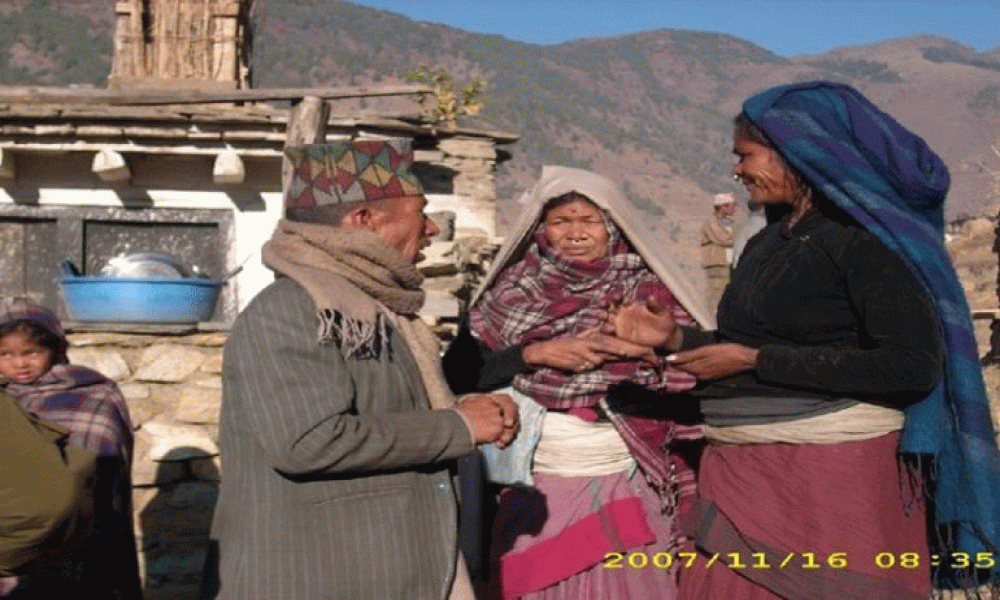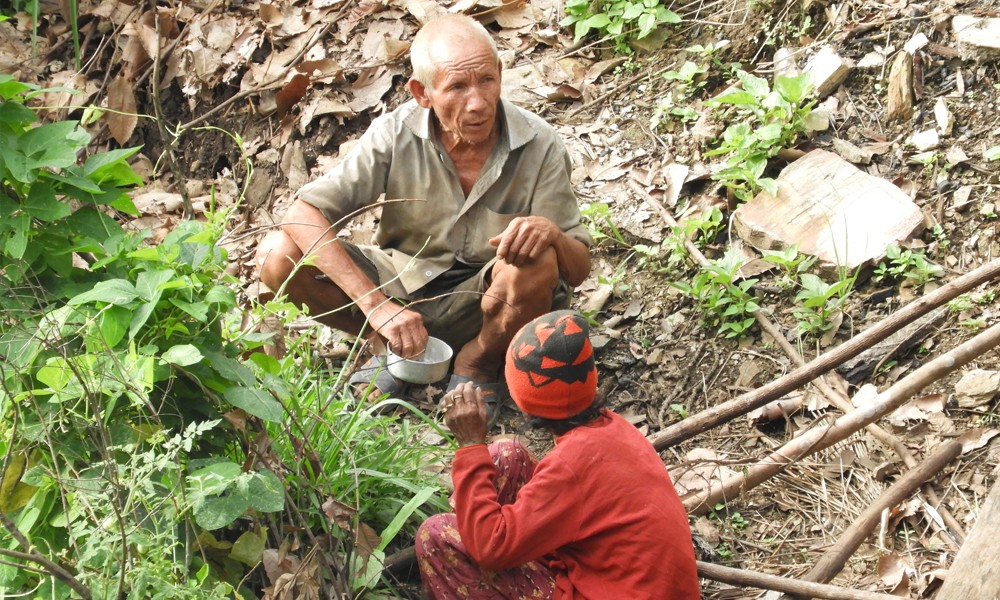Mahesh Raj Maharjan
Nepal's new constitution has ignored principles of social inclusion. By adopting a not-so-inclusive constitution, Nepal has also lost an opportunity to constitutionally recognize its ethnic and cultural diversity.
Nepal's ruling elite class is now trying to dismiss the truth about historical marginalization of indigenous people, and the mainstream media has willingly allowed itself to be a tool in this propaganda. There is a hue and cry over demands of inclusion, and assertions of rights are being misinterpreted as the beginning of a secessionist movement.
In Nepal, systematic exclusion of indigenous communities began with Prithvi Narayan Shah's military campaign that led to unification of modern Nepal. Shah's royal decrees and then Muluki Ain (the law of the land) legally cemented exclusion of languages other than Khas-Nepali, religions other than Hindu, attires other than Daura-Suruwal-Topi and castes-communities other than Bahuns-Chhetris.
Some so-called intellectuals have always tried to ignore this historical reality. Every now and then, they come up with the distorted data to manipulate people into believing that Nepal has always been an equal, inclusive and just society
Some so-called intellectuals have always tried to ignore this historical reality. Every now and then, they come up with the distorted data to manipulate people into believing that Nepal has always been an equal, inclusive and just society. Indigenous people never buy manipulative arguments by these so-called intellectuals because their experiences contradict what they are often told.
Bahuns and Chhetris always blame indigenous people for being communalists, but they are themselves casteists. Long before the birth of modern Nepal, they had made it illegal to slaughter cows at the expense of hurting sentiment of some non-Hindu indigenous people. The Shahs and the Ranas continued with this discriminatory legal provision, and even the recently-promulgated constitution of secular Nepal has declared cow as a national animal.
Bahuns and Chhetris always blame indigenous people for being communalists, but they are themselves casteists. Long before the birth of modern Nepal, they had made it illegal to slaughter cows at the expense of hurting sentiment of some non-Hindu indigenous people.
Claims that identity politics and recognition of identity issues will lead to communal disharmony and eventually secession of the country are not new. King Mahendra had played this card very well to suppress voices for inclusion by multiple identity groups. Attempts to annihilate identity of diverse ethnic communities are also a form of repression, which Mahendra, the Rana oligarchs and present-day political parties did.
Nationality in Nepal has become a tool by the state to belittle multiple identities. The elite class has always been playing this card to strengthen their hold on power. But we have seen many instances of so-called nationalist rulers compromising on national interests by blindly signing unequal treaties and agreements with India. They have no rights to preach about nationality. Today, we need to redefine nationalism. We need to reject nationalism that favors just one caste, community, religion and language. We must build nationalism that recognizes all identity groups.









